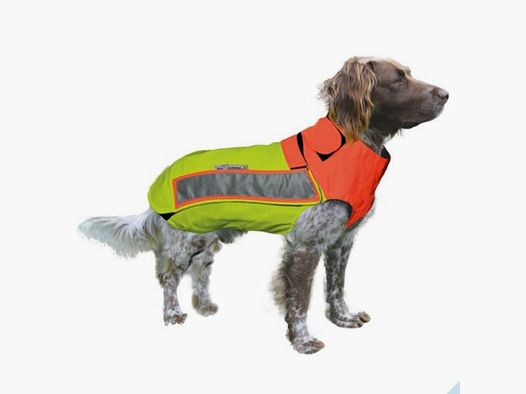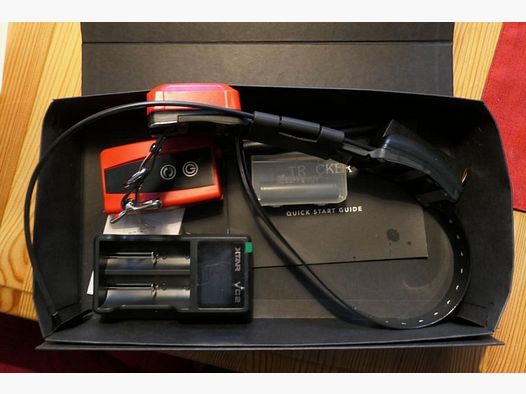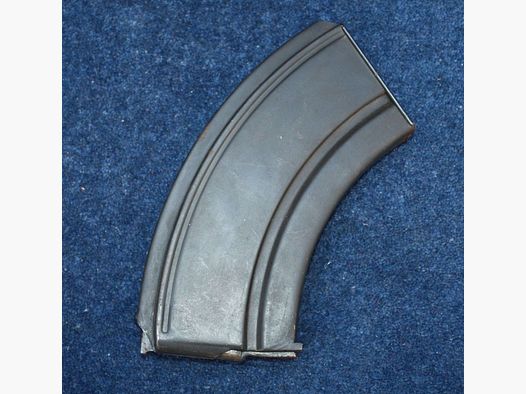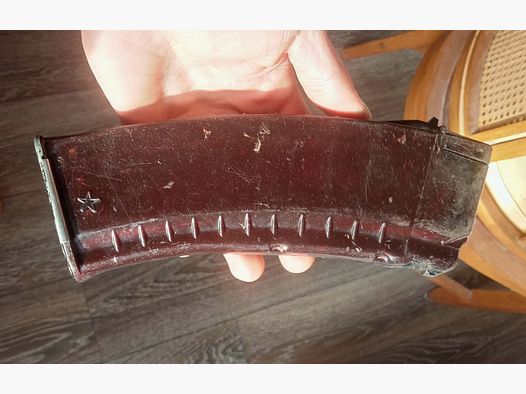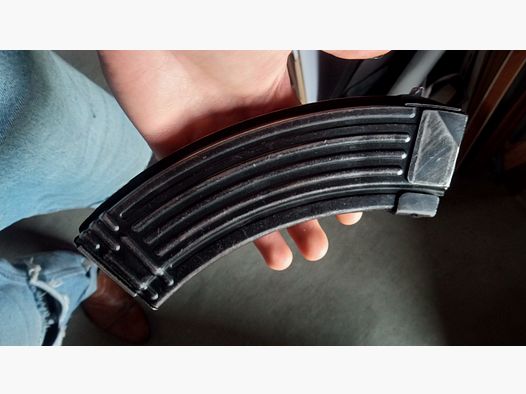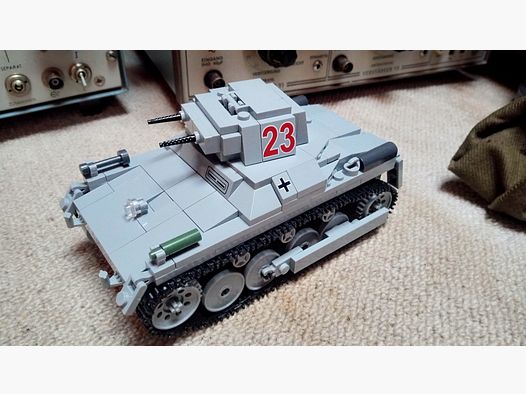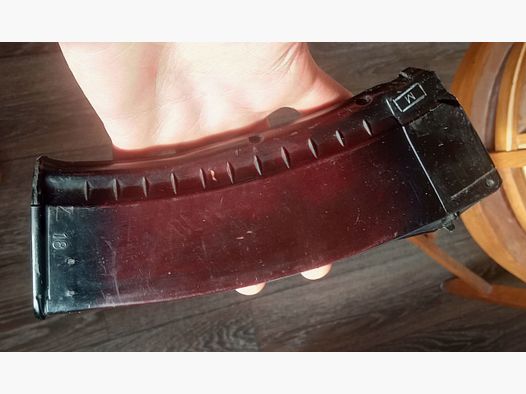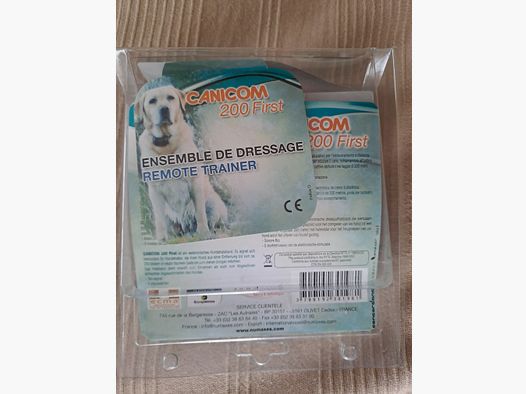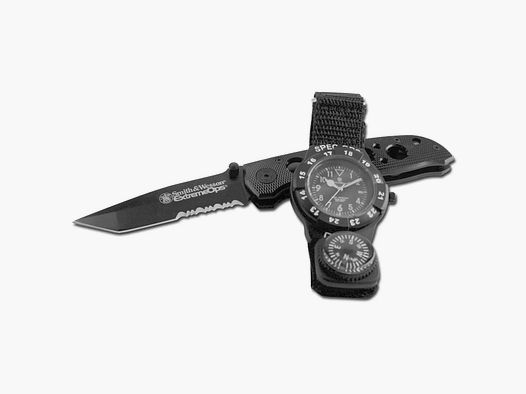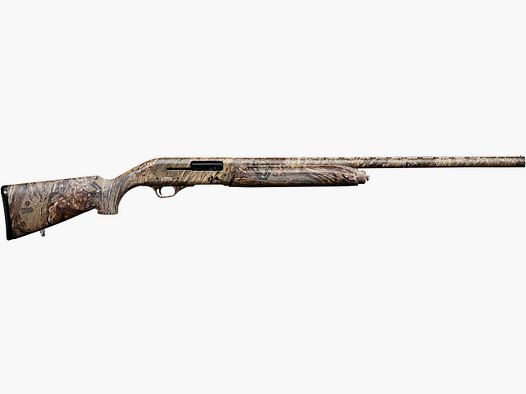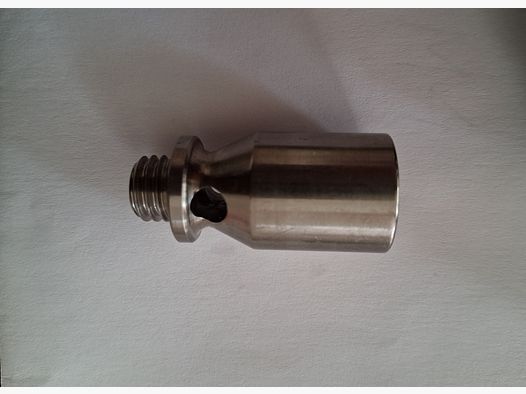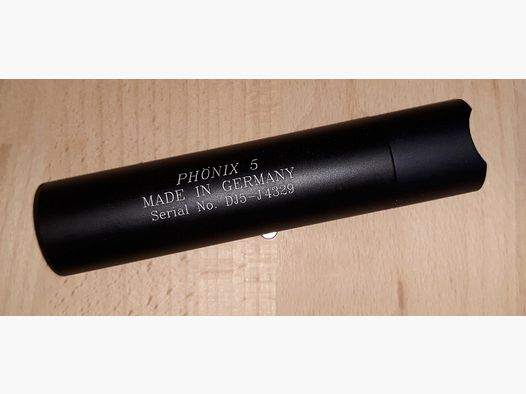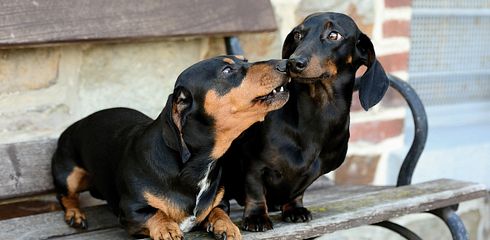The aging process in dogs is individual and depends on various factors such as breed, size, weight, and health status. In general, it can be said that large dog breeds age faster than small breeds. For large dogs like the Great Dane or the Irish Wolfhound, one can speak of a senior from about five or six years old. Small dogs like the Bichon Frisé or the Toy Poodle, on the other hand, are only considered seniors from about eight years old. However, it is important to note that chronic diseases can accelerate the aging process. Therefore, these age indications serve only as rough guidelines, and a visit to the veterinarian can help assess the individual health status of the dog.
Physical changes in old age
As dogs age, they show physical changes. Their coat may become lighter, especially on the face and around the muzzle. Senior dogs are generally less active and move less, as their muscles weaken and their joints wear out. This can lead to overweight, even though the dog's appetite may decrease. Sensory functions such as hearing and seeing may deteriorate, and susceptibility to infections increases. In addition to external changes, altered behavior is also evident. Older dogs may become more stubborn, which is often mistakenly interpreted as disobedience. Some dogs may no longer enjoy cuddling, their memory may decline, and their ability to learn decreases. It is also possible for older dogs to suffer from dementia, which is referred to as Canine Cognitive Dysfunction Syndrome (CDS). This is a progressive condition that can be accompanied by symptoms such as disorientation, restlessness, and loss of house training.
Senior food for dogs
The selection of the right food for an aging dog should be done in consultation with the veterinarian. If the dog is still fit and active in its senior years, there is generally nothing against continuing to feed it the usual food. However, if the first signs of aging, such as overweight, appear, a switch to special senior food may be considered. High-quality senior food is adapted to the changed energy and nutrient needs of older dogs and can therefore be beneficial.
Rest and routine for the senior dog
Older dogs need a calm environment with fixed routines. In addition to a structured daily routine with set feeding and walking times, they also need their owner's understanding when certain things no longer work as well as they used to. It may happen that an older dog occasionally loses urine or leaves a small pile on the carpet. In such situations, patience and understanding are required.
Health care in old age
With the onset of senior age, it is important to schedule regular veterinary visits to keep an eye on the dog's health. The veterinarian can detect age-related diseases early and take appropriate measures. This includes regular health checks, blood tests, and monitoring weight and teeth. Additionally, certain supplements such as omega-3 fatty acids, glucosamine, and chondroitin can help support the health of joints and bones.
The importance of exercise and mental stimulation
Although older dogs may not have the energy and endurance they had in their youth, it is still important to challenge them physically and mentally. Regular, but adapted exercise helps strengthen muscles and joints and prevent overweight. Walks, gentle training, and games can promote the dog's physical fitness and well-being. Additionally, it is important to mentally stimulate the dog, for example through search games, trick training, or solving puzzles. This helps maintain the dog's mental health and cognitive function.
The importance of love and care Owners of older dogs should continue to show their beloved pets much love, affection, and care. Older dogs may need a little more time and patience in handling everyday activities. It is important to respect their needs and provide them with a sense of security. With loving and attentive care, dog owners can help ensure that their seniors lead a happy and fulfilling life.
Overall, it is important to recognize that aging in dogs is a natural development that comes with certain changes. With the right care, an adapted diet, regular veterinary care, sufficient exercise, and mental stimulation, dog owners can help their seniors lead a healthy and fulfilling life.



